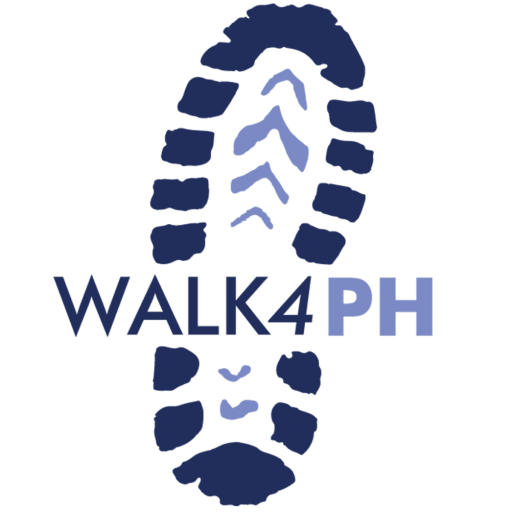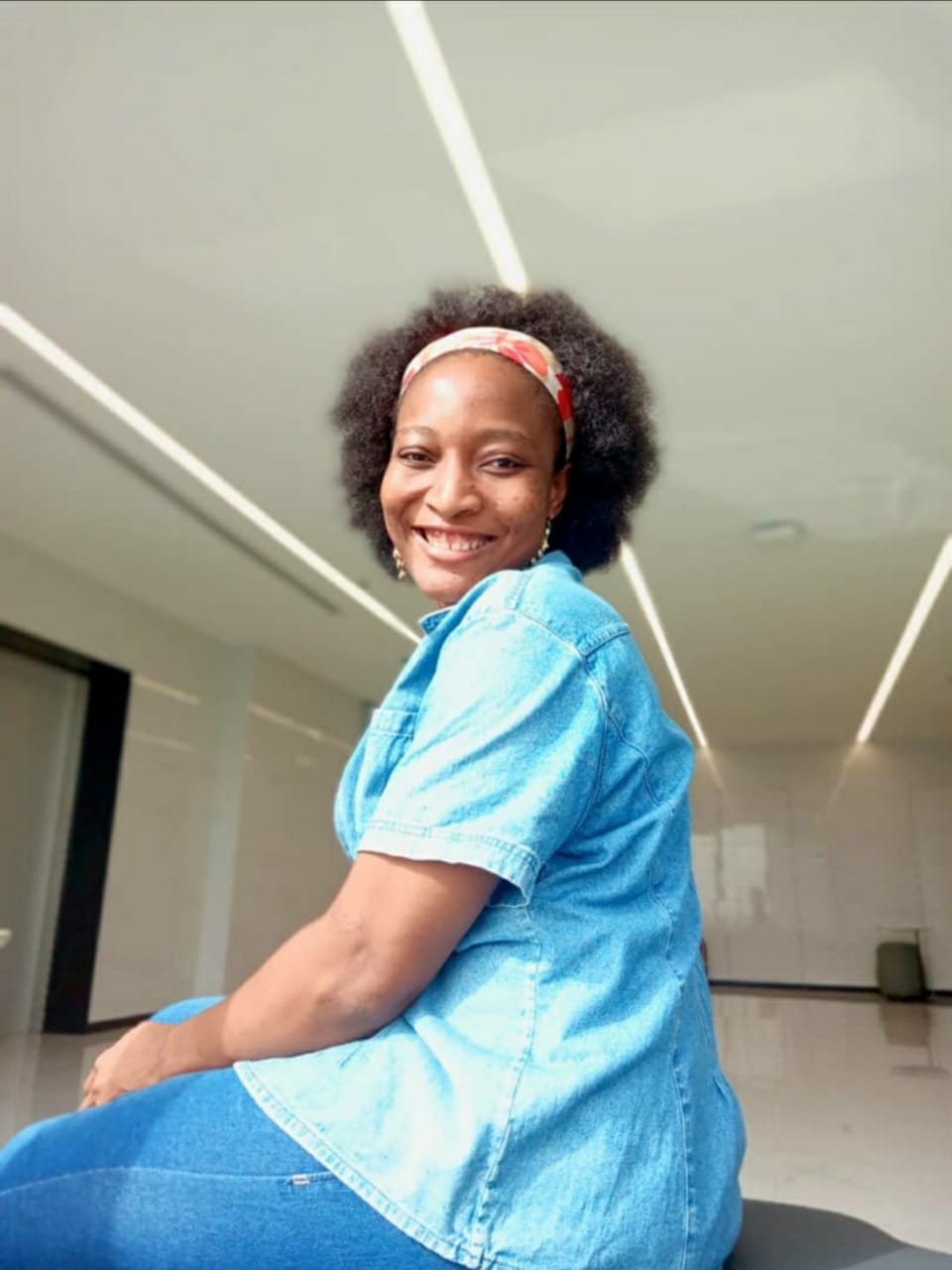Meet Mary, a Nigerian PHighter who lives with Pulmonary Arterial Hypertension (PAH) and read her amazing PH story.
“I do not let PAH define me. Every day that I wake up is a blessing, and I always look forward to having a good day.
I’m not very sure when my symptoms began because they mimic actual asthma symptoms that I’ve always had right from childhood.
I was often fatigued, dizzy, and short of breath. I first noticed that my ankles and feet would retain fluids just by sitting or standing, so my doctors prescribed water pills to reduce my fluid retention and instructed me to elevate my legs at every opportunity I get.
Climbing a few staircases would make my heartbeat spike and oxygen level drop to 80 percent, and it made me feel drained and exhausted. Palpitations and irregular heartbeat were a daily struggle.
This was before my diagnosis with Pulmonary Arterial Hypertension, simply known as PAH for short.
I knew something was wrong and it was different from my known symptoms.
I went to the doctors a bunch of times, and after a series of assessments, they would comment and ask me, “How old are you again? You’re just too young to be dealing with all these.”
Most times they would tell me, “Your lungs sound clear, but your heart beats really fast (over 100 beats per minute), but it’s nothing to worry about, it’s just your asthma and allergies.”
What I always tell people trying to navigate the same health symptoms is to be persistent for an answer and to be an advocate for your own self, your health.
One morning, I woke up to the sound of my doorbell. I quickly jumped out of my bed to answer the door, and instantly I felt so dizzy that I fell right back on my bed and woke up in the hospital. I had several tests and procedures done, but none could confirm my diagnosis.
I kept on researching similar health problems until I came across an article on Pulmonary Hypertension, so I decided to ask my doctor what PAH was and if there is a possibility I could be struggling with the same thing.
He was hesitant at first because he didn’t think PAH to be a common health problem among Nigerians because of its rarity.
I got the Echocardiogram (ECHO), Electrocardiogram (ECG), Stress test, and sleep apnea and finally the Right Heart Catheterisation (RHC) procedures done and I was diagnosed with PAH with a pressure of 83 mm Hg.
I was relieved to find answers and could start medications to lower my lung pressure and reduce my symptoms.
Although not everyone with PAH has access to medications in this part of the world because of how expensive it is.
There are some available medications to help manage symptoms, and we hope to get access to more medications soon.
Fortunately, I can still work and do little activities during my good days. Not everyone living with PAH is able to work and engage in activities, of which I’m grateful for.
One frustrating thing with PAH is that we do not look sick, and many people do not understand. People usually tell me “you look great” even right after mentioning “I don’t feel well.” That is because it’s not a visible disease, and our symptoms can’t be seen.
PAH affects the heart and lungs; it forces the heart to work harder than normal to pump blood to the lungs, which damages the heart.
Also, having to carry a portable oxygen machine with a cannula stuck in your nose is not comforting.
I am glad to find support in PAH groups and useful information that has taught me a lot about PAH, like this one in Nigeria, where there are incredible people doing just fine and living through this life-threatening disease.
I know that I can’t do everything that my peers do, such as exercising, running up the staircase, and other rigorous activities, but I’ve learned to channel my energy into writing, content creation, brainstorming, and my job.
I have learned to listen to my body, to know when to rest and to work.
Waking up every day is a blessing. If you are living with PAH just like me, you are as able and strong in your own way, maybe not like everyone.
Don’t let PAH define you.”


